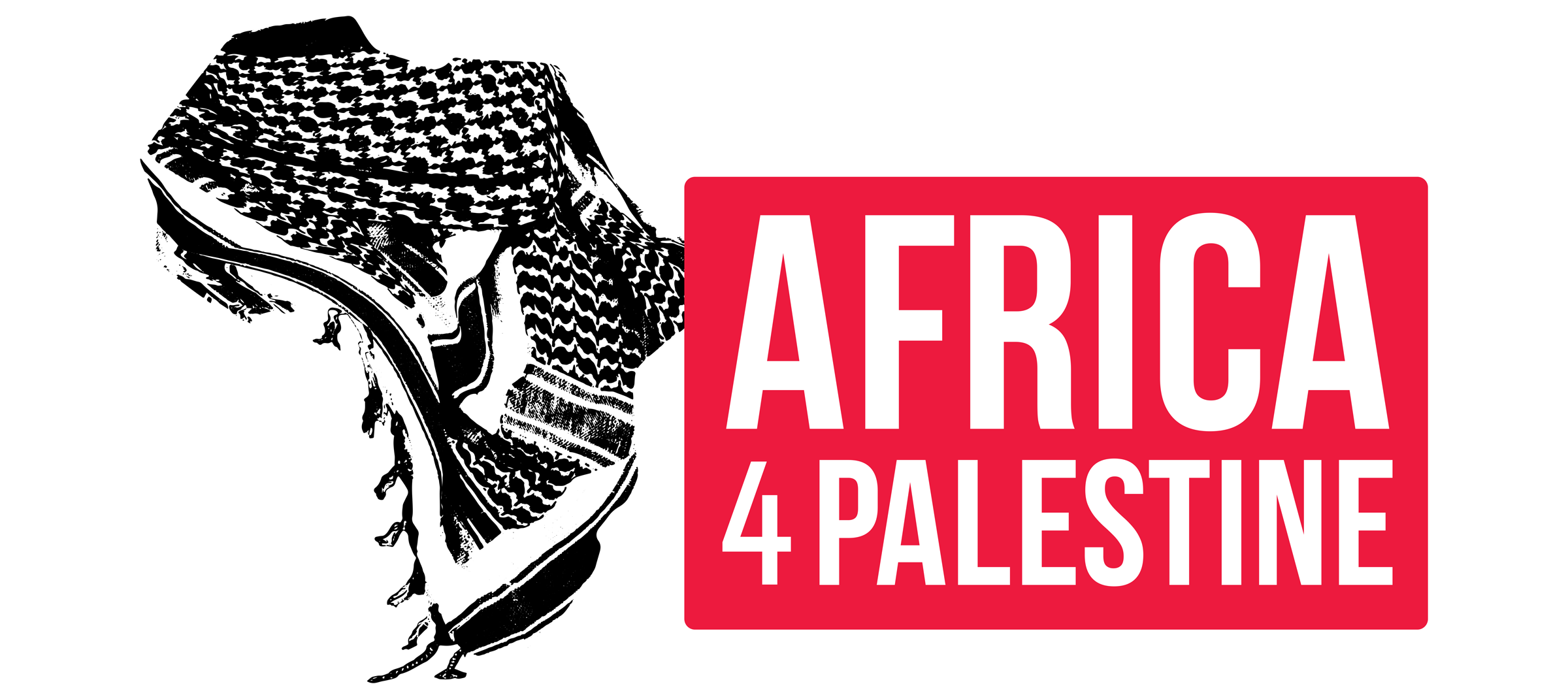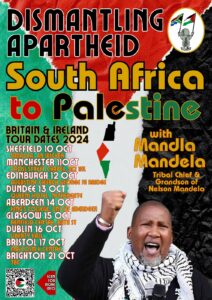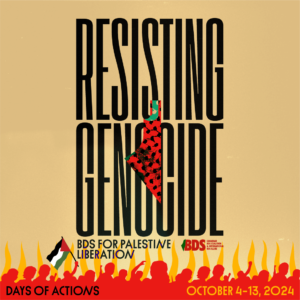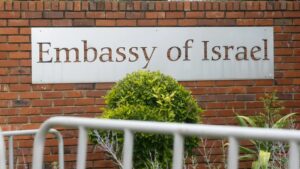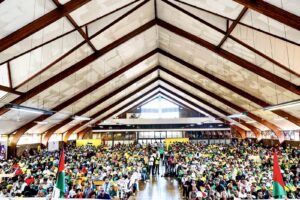[heading size=”1″ color=”#fff000″]Muslims Views speaks to Professor Farid Esack on the motives and current state of the Woolworths Boycoot[/heading]
What process did you folks go through to arrive at the decision to Boycott Woolworths?
That decision was the outcome of two process;First inside BDS (SA) there was a consumer boycott study group that discussed various options for a boycott that far more ordinary people can engage in. Prior to this we were already working a number of selected targets such as Soda Stream and Cape Gate, the company building Israel’s apartheid wall. After collecting data on various South African companies and considering which one would be the most viable the group settled on Woolworths. Second, during the recent Israeli war on Gaza with the formation of the National Coalition for Palestine, (NC4P) that coalition, independent of BDS (SA) reached a similar decision.
So why did you settle on Woollies?
Let is deal with the question of why not others first. There will always be questions of why not others and any choice that we make will raise questions – and quite rightly so. As activists we cannot be permanently disabled because we have not hit on a sliver bullet boycott target. For about 15 years there has been talk of some boycott against companies dealing with Israel. At some point someentity or entities had to take the initiative on a thought-out and sustainable campaign. This is what BDS (SA) and the NC4P did.
There has indeed been other suggested targets and many in the community have undertaken their own boycotting of these companies such as Dischem and Coke products.
There are admittedly other companies who have higher degrees of complicity with apartheid or sell greater amounts of Israeli products. Dischem, for example, not only goes around proudly displaying its Israeli connections, but regularly taunts us to go after them. Our decisions though are not based on personal stuff (whether the owner or CEO is a raving defender of Apartheid Israel or not), but on strategic considerations of our impact we will have and our ability to execute a prolonged campaign and carrying our supporters along with us.
You are still not saying why you settled on Woollies?
First, Woolworths’ owners are not directly and openly identifying with Apartheid Israel, although some individual members of its board may well be; it thus had no ideological corner to defend when we made our case for ending trade with Israel.
Second, its customer base has a disproportionately large number (9% according to our research), of people who are also assumed supporters of the Palestinian struggle for justice.
Third, Woolworth’s has consistently presented themselves as a company that prioritizes ethical trading. With consumer boycotts, divestment and sanctions being the single most important ethical and non-violent response to Israeli apartheid we are sitting with an argument that Woolworths – by its own standards cannot win.
Fourth; While Woolworths has a niche market of sorts, nothing that it stocks are indispensable for which large numbers of our people would have no alternative. In many areas for example, there may only be another huge Supermarket available and nothing else. Woolworths though is always a shop of choice – never one where you really compelled to go.
Finally, Woolworths, with its recent Australian acquisitions, has opened itself to another vulnerable front –international solidarity actions by our Australian comrades.
Seems like you have decided to go after the good guys?
There are no good guys among any of the lot who trades with apartheid Israel; so don’t come along with this ‘sympathy for Woolles’ line. These guys make billions annually. 8 million rand worth of trade in financial terms means nothing to them. They can have three reasons for holding on it; a) Indifference towards the oppression of the Palestinians – dismissing it as “a political question” in the same way that male violence against women is a dismissed as domestic dispute”. b) Support for apartheid state of Israel. c) Viewing themselves as the first line of defence for all other South African companies who business with Israel. If BDS succeeds with them, then it will go after others as well.
Is the campaign not running out steam?
Admittedly a significant number of people are only moved when they see the Palestinians being massacred on their TV screens and want to do something then. This is better than nothing. When oppression and suffering is ongoing then so must our solidarity. This is not case of Muslims fasting the whole day, feeling burdened by it and just sitting around the whole day waiting for iftar to arrive. Some people, admittedly have experienced the boycott of Woolworths in this way and the keep on asking What time is iftar? When can we go back to Woolies?
The people who supported South Africa during the 60’s, 70’s and 80’s were in it for the long haul. The Palestinians are forced to be in it for the long haul. This is why we are in it for the long haul. It took Shell almost two decades (and consistent boycott protests) to reconsider its relationship with Apartheid South Africa. It took Barclay’s Bank over 15 years (and consistent boycott protests) to come to its senses regarding doing (or not doing) business with Apartheid SA. It took Dunnes stores in Ireland more than 2 years (and consistent boycott protests) to end its trade with Apartheid SA. We must decide if we are only going to be driven by the images of massacres of Palestinians on TV screens or whether we going to be engaged in small acts of solidarity because our deen and conscience demands this of us
What are you doing to energize the campaign?
Ramadan is going to be an important period for us to renew this boycott of Woolworths. We will make greater use of the religious structures to reach Muslims without neglecting our fantastic non-Muslim support base,
